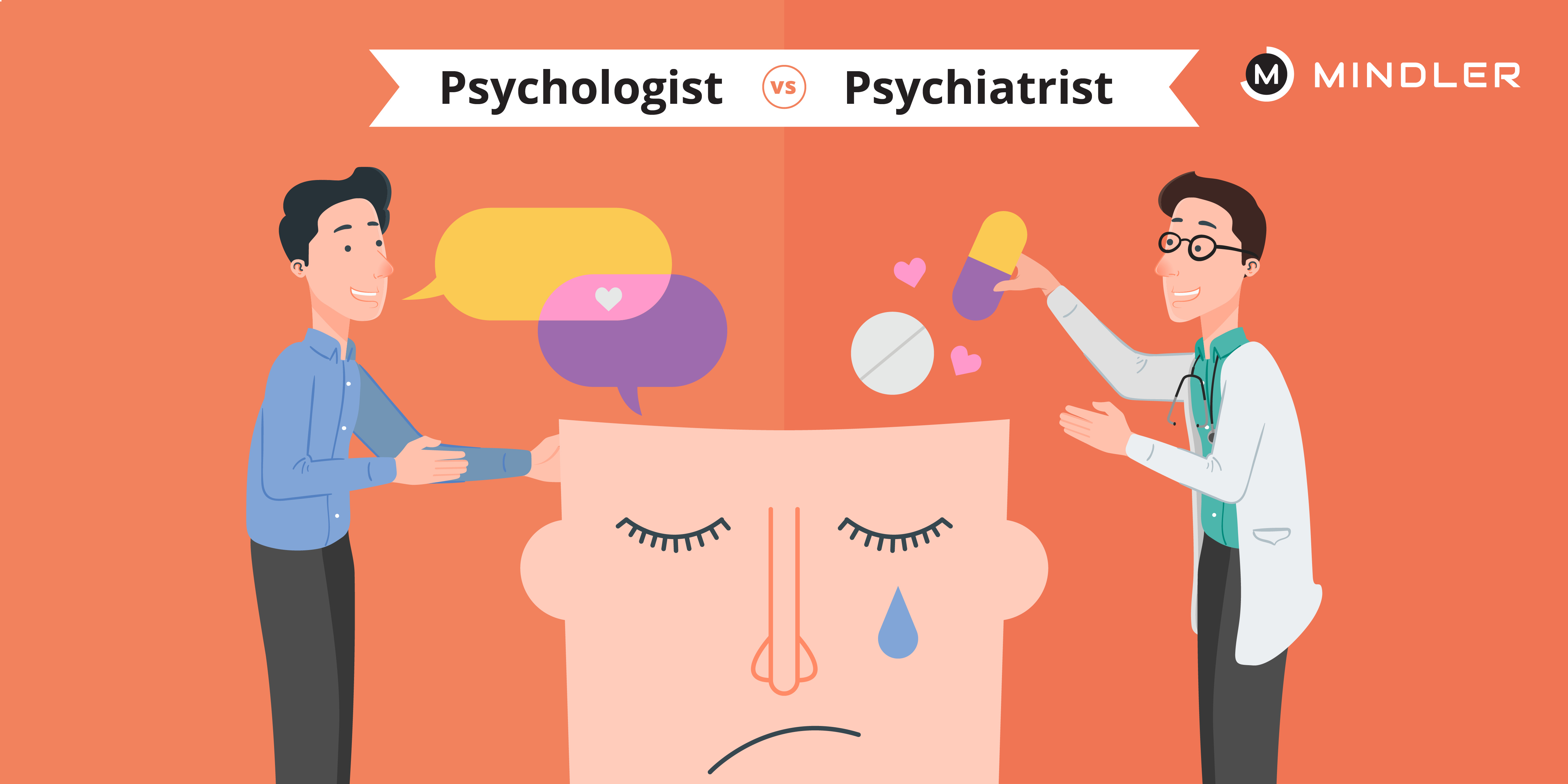Psych Therapy: A Comprehensive Overview to Techniques and End Results

Cognitive-Behavioral Therapy
Cognitive-Behavioral Treatment (CBT) is an extensively used psychotherapeutic method that focuses on determining and customizing dysfunctional reasoning and habits patterns. Established in the 1960s by Aaron T. Beck, CBT incorporates cognitive and behavioral theories to deal with various mental wellness problems, consisting of clinical depression, stress and anxiety, and stress-related conditions. The facility of CBT is that maladaptive ideas add to emotional distress and maladaptive habits. By reorganizing these thoughts, individuals can attain considerable improvements in their psychological health and day-to-day functioning.
CBT is defined by its structured, ambitious nature. Therapy commonly entails a joint procedure between the therapist and customer, where details troubles are recognized, and functional methods are developed to resolve them. Techniques such as cognitive restructuring, exposure treatment, and skill-building exercises are commonly utilized. Cognitive restructuring includes challenging and modifying adverse thought patterns, while direct exposure treatment intends to lower concern and anxiousness via gradual exposure to feared objects or circumstances.
Evidence-based study supports the effectiveness of CBT for a wide variety of mental disorders - Best Psychologist in Delhi. Its emphasis on ability procurement and self-help techniques equips clients to proceed progression separately after therapy wraps up. The flexibility and effectiveness of CBT have made it a keystone in modern psychotherapeutic technique
Psychodynamic Techniques
Rooted in the very early theories of Sigmund Freud, psychodynamic methods concentrate on checking out the unconscious mind and its influence on behavior and feelings. These techniques intend to discover hidden ideas and feelings that might be driving maladaptive actions and mental distress. Central to this approach is the principle of inner problem, usually coming from unsettled past experiences, particularly those from childhood.
Therapists making use of psychodynamic strategies use numerous crucial methods, consisting of free organization, where people are urged to talk easily to disclose unconscious product, and desire evaluation, which translates the unexposed web content of desires. In addition, the expedition of transference and countertransference dynamics within the restorative relationship is vital. These communications can supply understandings right into the individual's internal world and relational patterns.
Psychodynamic therapy is usually longer-term contrasted to other techniques, supplying a deep and comprehensive understanding of the individual's mind. Study indicates that it can be especially efficient for intricate mental health and wellness problems, such as character problems and chronic depression. By promoting self-awareness and emotional insight, psychodynamic therapy looks for to bring subconscious product to awareness, allowing people to attain lasting and meaningful modification in their lives.
Humanistic Methods
Structure on the foundations laid by psychodynamic techniques, humanistic methods offer a distinctive perspective concentrated on individual prospective and self-actualization. Coming from the mid-20th century, these strategies focus on the integral goodness and growth capacity of people, stressing an alternative sight of human experience. Secret numbers such as Carl Rogers and Abraham Maslow have actually dramatically influenced this healing approach, which includes methods like client-centered therapy and Gestalt therapy.
Client-centered treatment, developed by Rogers, plays an essential get more role in humanistic techniques. The specialist's function is more of a facilitator than an authority, encouraging clients to harness their inner resources for healing.
Gestalt treatment, an additional crucial humanistic strategy, highlights present moment recognition and the assimilation of mind and body. By concentrating on the "present moment," clients gain greater understanding right into their present feelings and habits. Methods such as role-playing and directed visualization are usually utilized to assist clients get a much deeper understanding of themselves, eventually leading to improved self-awareness and satisfaction.
Integrative Therapies
Integrative therapies represent a synthesis of numerous restorative techniques tailored to satisfy the one-of-a-kind demands of each client. This strategy recognizes the complexity of human psychology and the diverse nature of mental wellness concerns. By integrating elements from different colleges of psychiatric therapy-- such as cognitive-behavioral treatment (CBT), psychodynamic therapy, and humanistic techniques-- integrative therapies provide a more flexible and holistic treatment standard.
Practitioners of integrative therapy examine each client's details demands, signs and symptoms, and individual background to create a customized treatment strategy. This individualized strategy boosts the possibility for therapeutic success by attending to the origin of emotional distress and promoting general health. Techniques might consist of mindfulness exercises, cognitive restructuring, and psychological processing, each selected to target various elements of the customer's concerns.
Additionally, integrative treatments highlight the therapeutic partnership, seeing the client-therapist bond as a vital part of reliable treatment. This partnership fosters a supportive atmosphere where customers feel risk-free to check out and resolve their issues. The versatility of integrative treatments makes them suitable for a broad variety of conditions, consisting of stress and anxiety, anxiety, injury, and interpersonal troubles, therefore enhancing their applicability and efficiency in diverse scientific settings.

Determining Treatment Results
Reviewing the efficiency of psychiatric therapy is essential for both customers and medical professionals to ensure that the treatment is producing the wanted results. To attain this, numerous methods and devices are employed to determine treatment outcomes methodically. Standardized evaluation tools, such as the Beck Clinical Depression Supply (BDI) and the Generalized Anxiousness Problem 7 (GAD-7), provide measurable information on site link signs and symptom seriousness and adjustments over time.
In enhancement to standard tools, qualitative methods like client self-reports and scientific meetings offer important understandings right into the individual experiences and perceived progress of clients. Consistently scheduled analyses, typically at the start, omphalos, and end of therapy, assistance in tracking the trajectory of improvement or determining areas requiring change.
End result dimension is not restricted to signs and symptom reduction; it additionally encompasses functional enhancements in everyday life, such as much better social connections, boosted job efficiency, and boosted overall well-being. Modern innovations in electronic health and wellness have actually introduced mobile applications and online systems that assist in real-time surveillance and comments, further improving the analysis process.
Eventually, a comprehensive method to determining therapy end results guarantees that restorative treatments are reliable, efficient, and customized to satisfy the individual needs of clients, thus optimizing the total healing experience.
Conclusion
Psychiatric therapy provides a multifaceted selection of methods targeted at addressing specific psychological wellness issues and enhancing general well-being. Cognitive-Behavioral Treatment and psychodynamic approaches target inefficient thoughts and subconscious influences, specifically. Humanistic techniques concentrate on individual development and self-actualization, while integrative treatments combine several approaches for tailored treatment strategies. Assessing treatment results through qualitative techniques and standard analyses guarantees an extensive understanding of performance, eventually assisting clients towards enduring mental wellness renovations.
From the structured strategy of Cognitive-Behavioral Therapy (CBT) to the deep expedition of the subconscious in psychodynamic treatment, each approach brings unique benefits. Its focus on ability purchase and self-help techniques equips customers to proceed progression independently after treatment concludes (Best Psychologist in Delhi). Trick numbers such as Carl Rogers and Abraham Maslow have actually considerably affected this healing technique, which incorporates methods like client-centered therapy and Gestalt treatment
